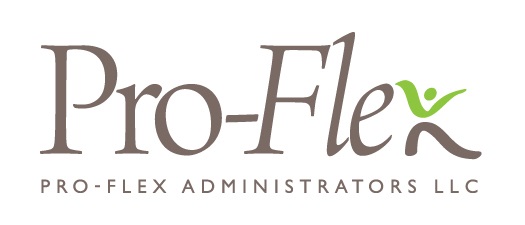The IRS has announced an increase to the health savings account (HSA) contribution limits for both single coverage and family coverage for 2019 along with changes to the out-of-pocket expenses for HSA-qualifying high deductible health plans (HDHPs).
Here’s what you should know:
2019 HSA Contribution Limit Changes
The 2019 HSA contribution level maximum will be $3,500 for individual coverage, and $7,000 for family coverage. The new limits increase the pre-tax amounts individuals and families may contribute to their HSA over 2018 limits by $50 and $100, respectively.
Individuals age 55 or older not yet enrolled in Medicare may make a catch-up HSA contribution of up to $1,000 per person – an amount that remains unchanged from last year’s catch-up limit.
This means that the maximum contribution limit for an health savings account in the 2019 tax year will be $8,000.
This most recent limit adjustment fits the traditional pattern of previous years, with the IRS announcing HSA limits in early May for the following tax year and generally leaving those limits unchanged throughout the tax year.
Early this year, however, that pattern was interrupted when the IRS announced that it had reduced the 2018 maximum family contribution limit to an HSA from $6,900 to $6,850. (Individual contribution limits weren’t impacted at the time.)
That unprecedented event was a result of a provision in H.R. 1 (“Tax Reform”) that changed the way that inflation-related increases are calculated from the “Consumer Price Index” (CPI) to a new factor known as “chained CPI.”
Then on April 26, 2018, the IRS issued transition relief on April 26, 2018 allowing taxpayers to treat the 2018 Health Savings Account (HSA) contribution limit for an individual with family coverage under a High Deductible Health Plan (HDHP) as $6,900.




